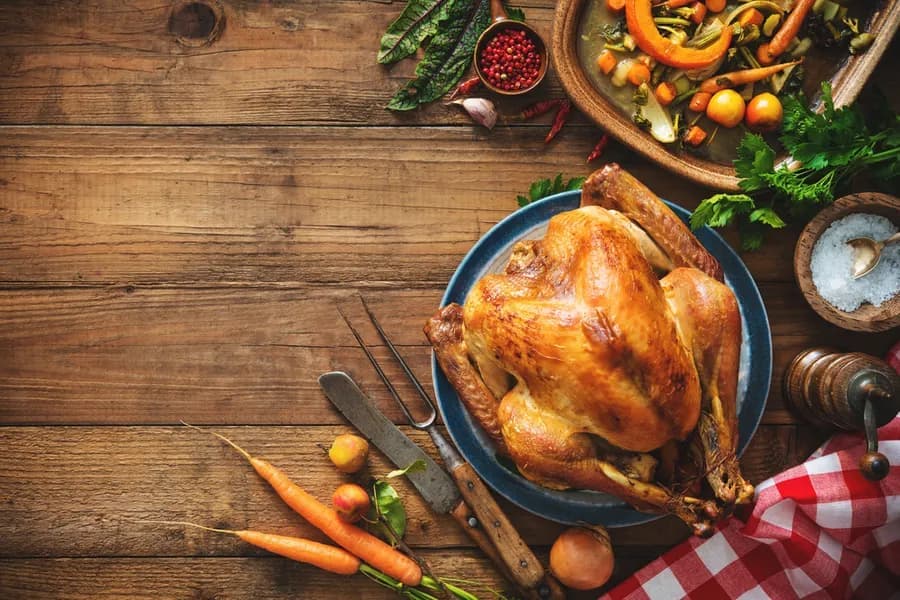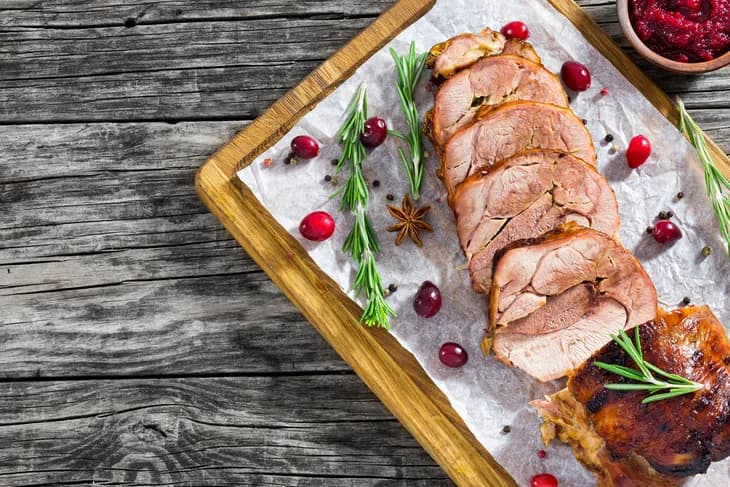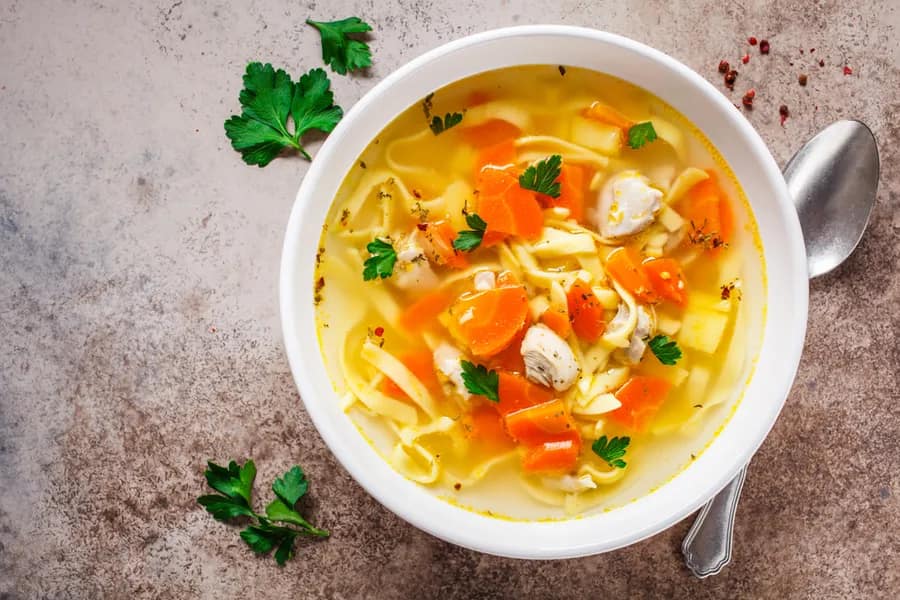Is Turkey Healthy? What You Need to Know

Turkey is the highlight of many fall feasts, with Thanksgiving being the prevailing event associated with turkey. Paired with gravy, sweet potatoes, mashed potatoes, and cranberries you have one of the most quintessential fall meals. But when you sit down for your turkey dinner you might begin to wonder, is turkey healthy? Well, we are here to tell you all about turkey and all of its important health information.
Turkey contains several nutrients like protein and B vitamins. But just like every food there are downsides to it as well. Keep reading to learn all about the health aspects of turkey and how you can best incorporate it into your diet.
The Health Benefits of Turkey
Turkey is a wonderful source of protein. This nutrient is essential in muscle development and cell health. When compared to red meat, turkey offers similar protein levels with less fat making it a great choice for most people.
“Additionally, a high-protein diet may even support weight loss by promoting feelings of fullness. Just 2 thick slices (84 grams) of turkey pack 24 grams of protein — an impressive 48% of the DV,” reports Healthline.

A Great Source of Vitamins and Minerals
In addition to its protein benefits, turkey is loaded with B vitamins and minerals. “Two thick slices (84 grams) of turkey pack 61% of the DV for vitamin B3, 49% for vitamin B6, and 29% for vitamin B12,” continues the source.
On top of all those B vitamins, you’ll also get plenty of selenium, zinc, and phosphorus minerals.

Adding Turkey To Your Diet
Turkey doesn’t have to be only for dinner as a whole roast bird! There are so many different ways to add turkey to your diet. For breakfast, you can have turkey sausage with eggs and roasted vegetables. Lunchtime can include a turkey sandwich. With so many red meat substitutes made with turkey, like ground turkey meat and turkey burgers, your options for dinner are almost limitless.
Always pay attention to the type of turkey you are eating to ensure it is the healthiest form of meat. You’ll want to stay away from added oils, fats, and sodium that can turn your healthy meal into anything but that. We suggest extra lean ground turkey and freshly sliced roasted turkey.

Types of Turkey To Avoid
Turkey can be processed in ways that add sodium and other additives making it a less than a healthy choice. According to Medical News Today processed turkey and other meats, “are linked to the development of cancer. The risks of obesity, heart disease, high blood pressure, high cholesterol, cancer, and infertility increase with the level of meat intake.”
The source suggests avoiding processed turkey. Just like all foods, moderation is key. A healthy diet includes a wide variety of food and does not focus on a single item to get all the nutrients. Turkey can be a part of your diet but should not be the only source of protein, vitamins, and minerals.

Latest Articles

Does Chicken Soup Really Help When You’re Sick? A Nutrition Specialist Explains What’s Behind the Beloved Comfort Food
Preparing a bowl of chicken soup for a loved one when they’re sick has been a common practice...

Aerobic and Strength Training Exercise Combined Can Be an Elixir for Better Brain Health in Your 80s and 90s, New Study Finds
People in the oldest stage of life who regularly engage in aerobic activities and strength training exercise...

How to Overcome Repetitive Negative Thinking Through Meditation
Do you ever find yourself caught in a cycle of negative thoughts? Maybe you ruminate on past mistakes, worry excessively about the...

Can Coffee or a Nap Make Up for Sleep Deprivation? A Psychologist Explains Why There’s No Substitute For Shut-Eye
There is no denying the importance of sleep. Everyone feels better after a good night of sleep, and lack of sleep can have profoundly negative...